“I’m now intentional about my drinking”
Ashley Ellis is a writer and illustrator based in Melbourne. She took a ‘conscious drinking’ course to tackle her lockdown-fuelled habit
“I didn’t have a grand, ‘come to Jesus’ moment. There was no rock bottom, and I have no dramatic tales about the chaos alcohol has caused in my life. For me, lockdown was the trigger for an incremental increase in my drinking. It snuck up on me.
During the first Melbourne lockdown, I stopped drinking entirely, naively seeing time away from the office as the perfect opportunity to embark on a health kick. I have ADHD, and one of my neuro-divergent traits is being all-or-nothing about most things. But with lockdowns that just kept going, enthusiasm for my great ‘reset’ began to wane. In response to the monotonous sameness of each day, coupled with the mental load of managing home-school and a small business, I reintroduced the ritual of pouring a glass of wine to mark the transition from day to night.
One drink became two, became three, became a bottle … and I was back in the realms of “grey area” drinking – completely able to manage a busy life, but struggling to stop at one or two glasses, and feeling a great deal of shame.
A glass of wine marked the transition from day to night
I didn’t want to give up drinking entirely (I love a wine!), but I also didn’t want to become a raging alcoholic, which, at the rate I was going, seemed like the likely outcome. So, I signed up to Thrivalist Sobriety’s online Conscious Drinker Course, which is designed to help you unlearn previously habitual behaviours, and get to the point where you can be more intentional about your drinking.
After four weeks, I had a suite of tools to help me to manage my drinking. They included identifying the feelings that lead to cravings, then finding other ways to fulfil them; not drinking in response to sadness or stress; always keeping low-alcohol and alcohol-free options to hand; and not keeping more than two bottles of full-strength wine in the house at any one time.
Before drinking, I take time to consider whether alcohol will enhance or detract from my experience and when I do drink, I do so consciously, savouring the flavours, taking my time, and considering how I feel in my body.
Now, I’m no longer mindlessly quaffing a bottle a night, and I have no feeling of missing out because I am still allowed to have a drink when I plan to. I’m intentional about my drinking, whether I choose to have an alcohol-free day, a couple of glasses of wine, or occasionally indulge in a few more.”
“I didn’t want to wake up anxious anymore”
Sam Wilson gave up drinking – and founded the Sober Mates community – after realising the effect of alcohol on her mental health
“I grew up in a country town where drinking and binge drinking is really embedded into the culture. My mum doesn’t drink and my dad’s a social drinker, but we’re known as the party house and even have a bar at home; we’re all really extroverted and love to be the life of the party.
I loved going home and having a beer with my dad or the tradition of going alcohol shopping with my dad and my brother on Grand Final morning, and I was worried about losing those things. But what’s actually happened is just that family traditions have changed.
At our annual river holiday, my dad bought a board game instead of a drinking game. At Christmas, my cousin got some alcohol-free champagne to make sure I felt included. It’s these tiny things that feel huge and help me feel accepted.
The last time I drank was at my best friend’s hen’s party, which was a really messy night. I didn’t want the night to end, I was doing shots and playing catch-up, and the next day I was just like, ‘nup, enough’. I didn’t want to wake up with that kind of anxiety anymore.
That was in February 2020, five weeks before COVID and lockdowns hit, which makes my sobriety journey quite different to other people’s because I had the option to stop drinking without the peer pressure of going out and being social.
Before then, I’d gone 30 days and done things like Dry July, but I’d stay at home to avoid drinking and didn’t do anything with my mindset. This time, I dove in and focused on what I was getting out of it, instead of what I was missing.
I stocked the fridge with alcohol-free drinks so that if I did have a bad day I could get that placebo effect of having a wine. I wrote a list of things that made me feel really happy and stuck it on my wall – things like ocean swims, being outdoors, calling a friend or loved one for a chat. I realised I was waking up happier.
I kept wondering how everyone else could drink and have fun and it was only me who would get stuck with anxiety the next day. Now I realise everyone else experiences that too, but we just don’t talk about it.
Lockdown gave the option to stop drinking without the peer pressure of going out and being social
I’ve had honest conversations with my family and they knew the effect drinking was having on my mental health, which is why they were so supportive. And through these conversations, I know all of them have reflected on their own drinking.
Now, my dad only drinks on weekends and recently had a three-month break, and that’s fundamentally what Sober Mates is about; taking a step back, exploring your relationship with alcohol and making a decision that’s right for you.
We’re still a drinking family, but our traditions have changed and it’s really beautiful to see.”
“In my experience, alcohol isn’t a remedy, it’s a band aid”
Ingrid Kesa is a communications and creative consultant based in Melbourne, and gave up drinking alcohol four and a half years ago
“For most of my 20s, drinking was embedded in my day-to-day life. I worked in the fashion and media industries, where it’s not just accepted but embraced. Every other night I was at a launch or event or party where free drinks were flowing. You’d go for one drink after work and the next thing you know, one had turned into a lot.
What would follow was always the same: blurry memories, piecing together a timeline, realising you shouldn’t have said something, paying $12 to have a soft drink delivered to your door.
This cycle became second nature for a while, but eventually I began to assess how drinking was impacting my mental, physical and spiritual health, and saw that if I wanted to cultivate better overall health, drinking wasn’t part of the picture. It sounds cheesy, but it was no longer serving me.
And so I cut it out completely four and a half years ago. Initially it was challenging because I realised a lot of the ‘friendships’ I had were solely centred around drinking and going to the pub, so that was isolating. There’s a camaraderie around that, which is not to be discounted, but on the flipside, it’s brought me so much closer to my real friendships and increased my appreciation for genuine connections.
Dating over the past few months has been a really interesting experience. I don’t know what I expected, but when it comes up (I mention that I don’t drink on my profile) most people are genuinely interested in discussing it, or just don’t see it as a big issue because it’s not a core part of my personality or identity. And to be honest, I would find it concerning if I was on a date with someone who was uncomfortable with me not being inebriated.
We know alcohol affects women and men differently; the science is there. Since I’ve stopped drinking I’ve talked to so many women who’ve shared their experiences with me. There’s so much power in vulnerability, in just talking.
Not drinking doesn’t solve everything, but it’s incredibly freeing! I think so many of us seek this sense of liberation through alcohol, but you can get that through other means. For me, that’s yoga, which I started as a form of exercise, but quite quickly it became a space of contemplation and has enriched my life in so many ways. It takes work and I still have the desire to drink sometimes, especially in moments of sadness, but in my experience alcohol isn’t a remedy, it’s a band aid, which my GP and a psychologist have helped me to realise as well.
Going through some of the hardest moments of my life over the last few years without alcohol made everything much more ‘real’, yes. It was hard and confronting, but that’s what it is to be human.
Ultimately, everyone should do what is right and good for them. It’s great that people can drink and enjoy themselves. There’s nothing wrong with that, it’s just not for me.”
Sam and Ingrid’s stories were told to journalist Katy Hall




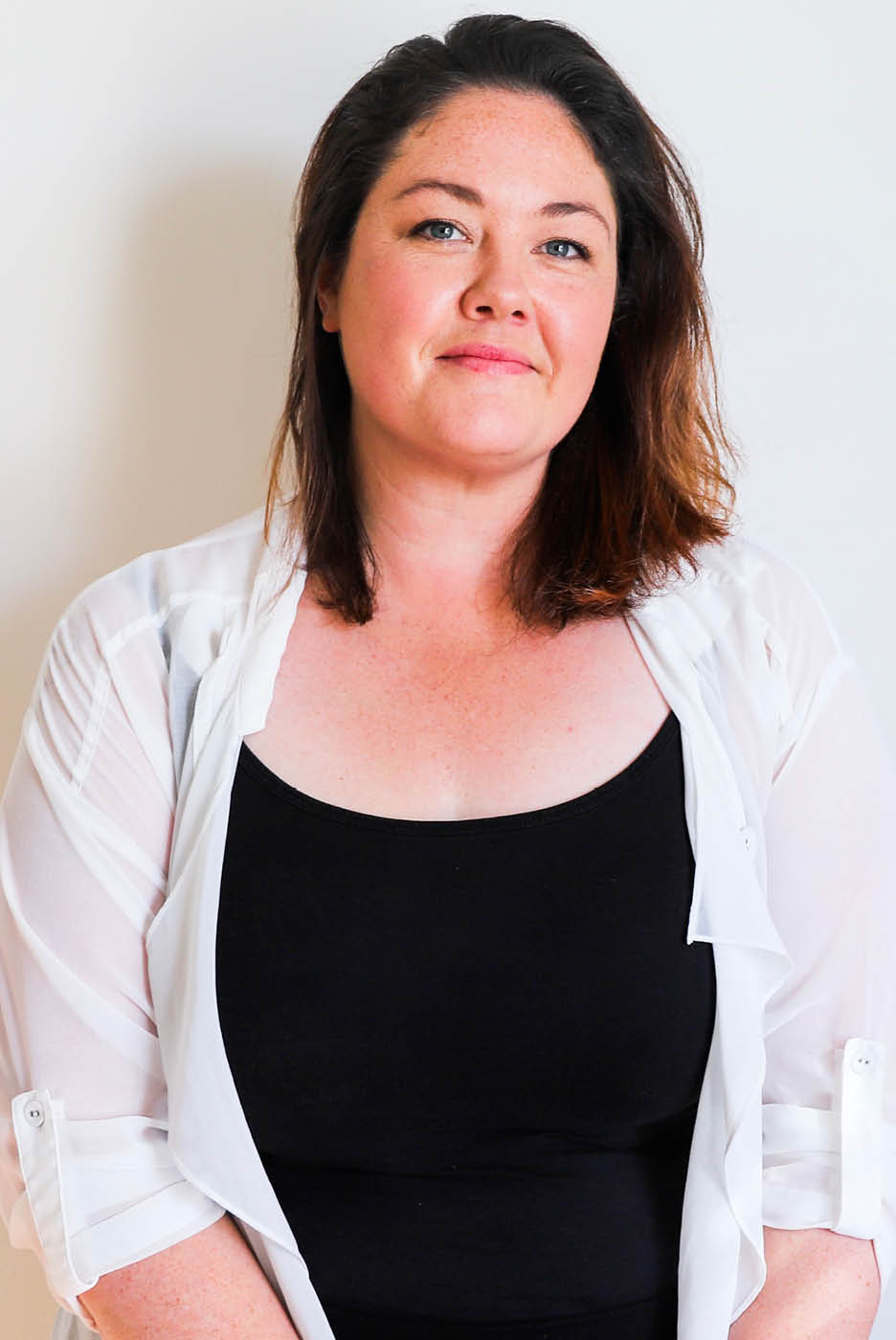
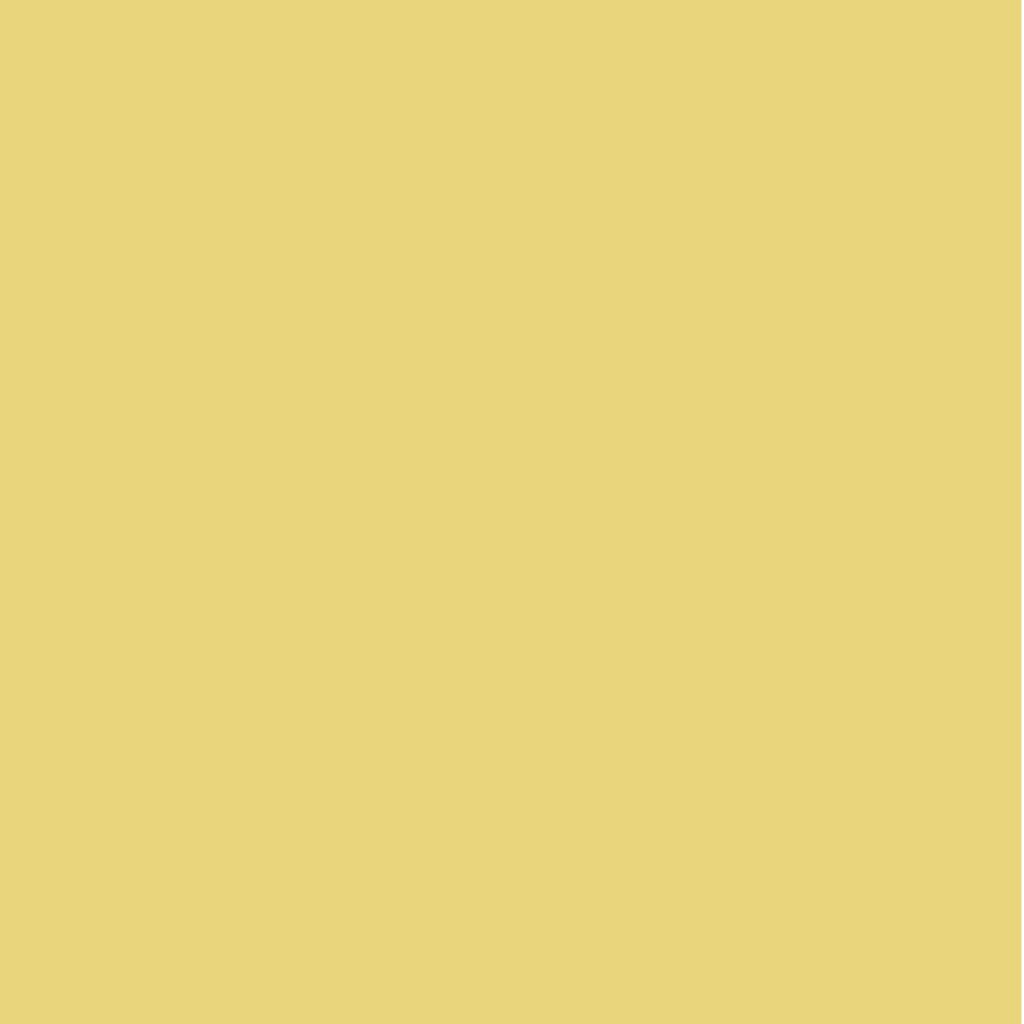


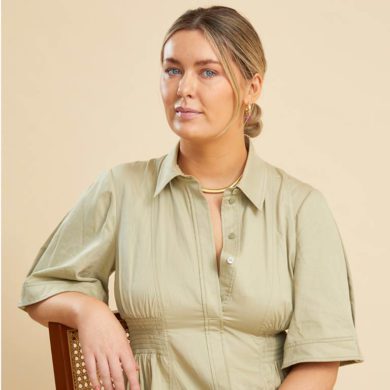
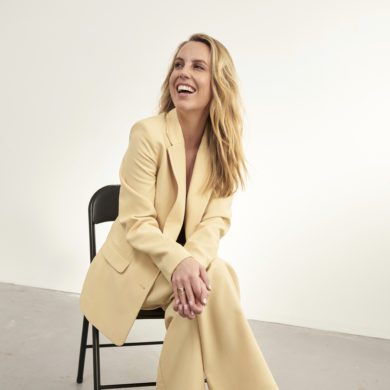
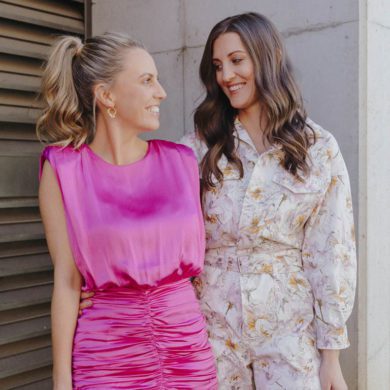


No Comments